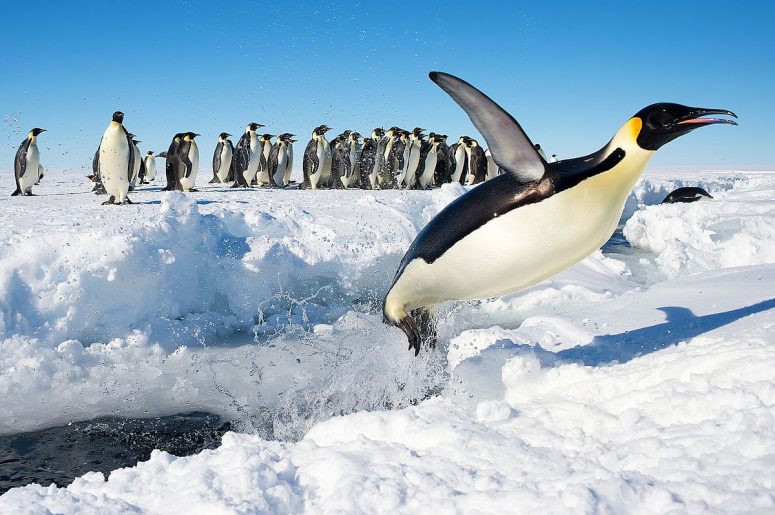Despite testing negative for the “wanderlust gene,” here’s why I still love to travel

Credit: Wikimedia Commons
Why do some people like to travel more than others? Are nomads born or raised?
Furthermore, why do I keep an ever-growing list of places to visit that I can never seem to get a handle on, despite having visited hundreds of amazing places on six different continents?
In an effort to find answers to some of those questions, researchers recently identified the so-called “wanderlust gene” (DRD4-7R, to be exact), which is present in about 20 percent of humans. This gene is said to cause a strong desire, if not impulse, to wander, travel and explore the world.
As a working journalist and travel columnist, I was recently tested for this gene by Curio Hotels. After vigorously swabbing the inside of my cheeks, I seal-locked my specimen in a plastic bag, overnighted the sample to a lab on the East Coast and awaited the results.
Surely I possess the gene, I thought to myself after mailing the package. I’ve traveled since I was a boy. I’ve traveled even more as an adult with a disposable income and a knack for buying experiences over things. And I’ve done so largely for curiosity’s sake.
But my attempt for scientific validation was not meant to be. Last month, I received the following rejection notice via email:
“We are writing to notify you of your results from the genetic saliva swab kit,” the letter began. “Based on a test with 99% accuracy, our results show that you do not carry the DRD4-7R gene. Testing aside, it is completely possible to not be a carrier of the gene and still love to travel and/or exhibit strong curiosity.”
Okay, then. Why do I like to travel? I asked myself. And if negative testers can still “move freely about the cabin” called planet Earth, of what use is the wanderlust gene anyway?
Turns out, genes are just one part of a three-ingredient miracle. “In the end, what such labels mean is that your genetics have many subtle influences on your behavior,” explains Ayon Nandi, a researcher at Johns Hopkins University. “The interaction of genes, environment and nurture come together in complex ways to produce the variety of human behavior.”
There’s your real answer. In addition to the “subtle influences” of our genes on our behavior, our environment (or surrounding cultural norms and conditions) as well as our nurturing (i.e. upbringing, whom we choose to surround ourselves with and what we think about) is what really makes us who we are.
Since I surround myself with adventurous people and feed my brain with a lot of curious questions, it only makes sense that I like to travel often, even though I don’t possess the sexy-sounding “wanderlust gene.”
Truth is, that’s even better news than if my test came back positive. In other words, our genes do not define us. They certainly play a role. But we are so much more than a predestined blob of DNA, genes and chromosomes.
As human beings, we are mostly what we eat, think and do. If we put good in, we get good out. Or in this case, if we put travel in, we get travel out. Wanderlust gene be damned.
This story by Blake Snow first appeared in Entrepreneur Magazine
